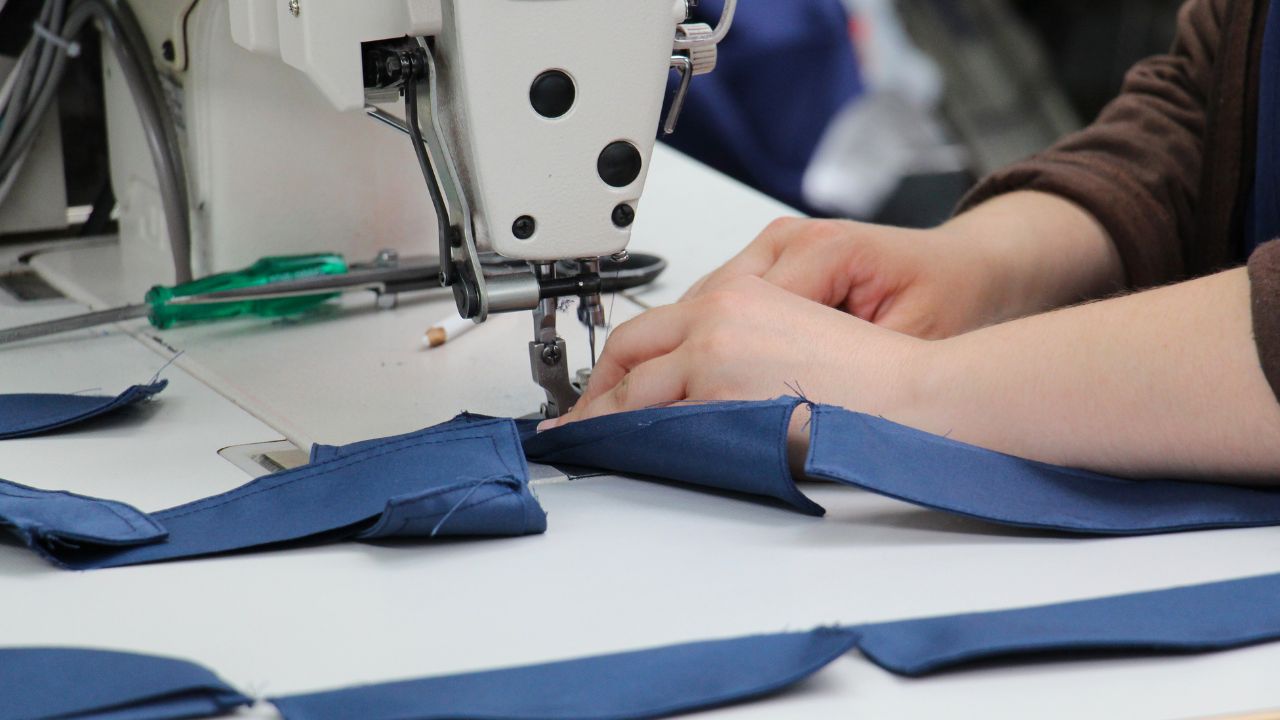MANILA, Philippines — Around 5,100 local garment factory workers across the country have been either retrenched or forced to go on leave since the beginning of the year due mainly to weak demand overseas that depressed local orders.
On Monday, Confederation of Wearable Exporters of the Philippines (Conwep) executive director Maritess Jocson-Agoncillo said that at least nine factories have been affected, including Luenthai Philippines, the country’s biggest exporter of textile goods using cotton.
In total, around 4,577 workers have been retrenched, while another 500 were made to go on leave. This is equivalent to about 3 percent of the 182,600 workers employed by the Conwep member companies.
Of those retrenched, Luenthai accounted for close to half at 2,000, which is equivalent to as much as 60 percent of its workers.
READ: 120,000 garment workers at risk over pay hike
Jocson-Agoncillo said that according to Luenthai, it had to pare down its workforce because of the soft demand for its products that has persisted for some two years.
Luenthai has manufacturing facilities in Clark Freeport in Pampanga as well as in Cebu, Tarlac and Bataan provinces and works with well-known international brands such as Ralph Lauren, Dillard’s, Adidas, Uniqlo, Victoria’s Secret, Coach and Michael Kors.
“This action (retrenchment and forced leaves) was coordinated with the Department of Labor and Employment to ensure transparency, fairness, and adherence to legal standards, underlining our dedication to ethical business practices,” Luenthai said in a statement provided by the Conwep official.
“All affected employees received comprehensive severance packages that meet legal standards,” read the same statement.
Jocson-Agoncillo, however, said that no other factory had expressed plans to follow suit.
“Knock on wood, I think this is it, so far,” she said.
READ: PH loses out to neighbors over big garment order
Soft overseas demand
Jocson-Agoncillo said the Luenthai Group and other Conwep members started to feel the crunch of weak demand and a decline in orders around the second quarter of 2023.
By early February, she said export revenues for apparel, leather goods and footwear had declined by a hefty 34 percent from 2020 when the COVID-19 pandemic hit and devastated the local and global economies.
She said the exporters had yet to recover to 2019 levels when export revenues for these goods were at $1.79 billion, higher than the $1.35 billion recorded in 2023.
The latest data from the group showed that exports of apparel, textiles, travel goods, and footwear were down 12 percent in January and February.
Export revenues during the two months for these products dropped to $215.86 million from $246.65 million during the same months in 2023.
Crackdown on Xinjiang cotton
Aside from weak demand, Jocson-Agoncillo said another factor that contributed to the Luenthai retrenchments was the impact of the Uyghur Forced Labor Prevention Act of the United States, which prohibited imports using forced labor in China’s Xinjiang region.
“[Exporters and manufacturers] are currently being required by [US Customs and Border Protection] to prove the origin of the material component and the production practices of all elements in the supply chain,” she said.
The Conwep official said this caused shipments to be delayed by several months.
As of February, Jocson-Agoncillo said that the actual cost of the detained shipments was close to $5 million but said that some of the shipments had already been released a few weeks ago.
She also denied that the local garment industry was using cotton from Xinjiang, citing that they source these materials from other cotton-producing countries such as India and Pakistan.
Gov’t intervention
Jocson-Agoncillo said that the Department of Trade and Industry had already intervened on their behalf, discussing the matter with US Commerce Secretary Gina Raimondo during her two-day official visit last March.
“Sometime April, a few of the shipments [were] released, meaning the government intervention worked. So, we’re still hoping that other shipments will be released,” she said.
Sought for comment, Trade Secretary Alfredo Pascual said the issue indeed had been discussed during Raimondo’s visit and that they do follow up to resolve the issue on the remaining shipments so that the local companies could recover their expenses and make a profit.
